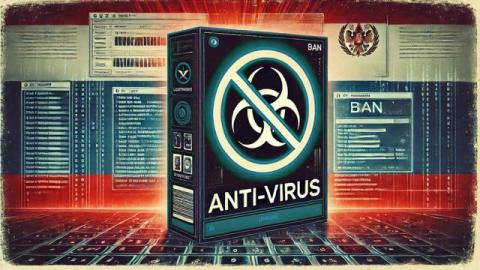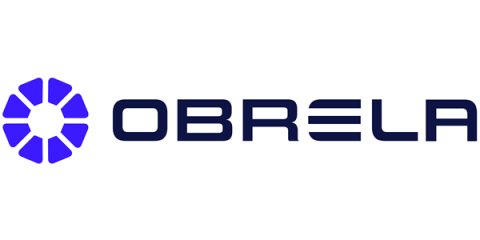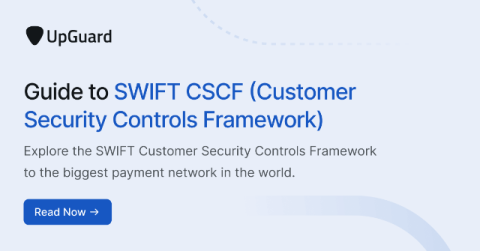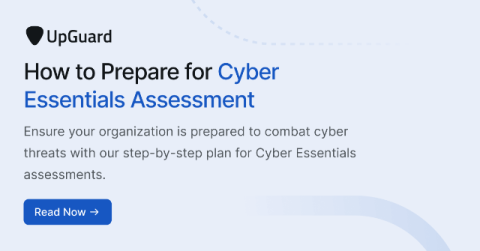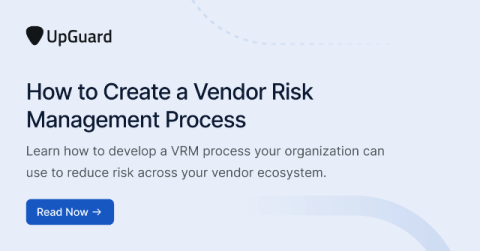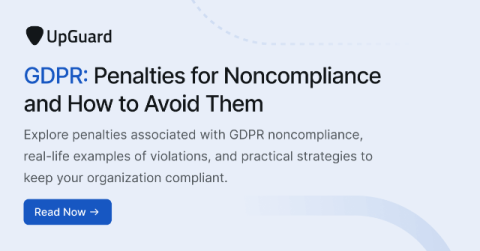Maximising Security Investments: A CISO's Guide to Budget Optimisation & Technology Consolidation
Economic pressures have been leading to greater budget scrutiny and justification of resources for cybersecurity teams. Boards are asking harder questions around cyber risk and exposure. Not only are CISOs working hard to justify and measure their program, they’ve had to become more data-driven in the way they align investments towards company outcomes and business objectives.



